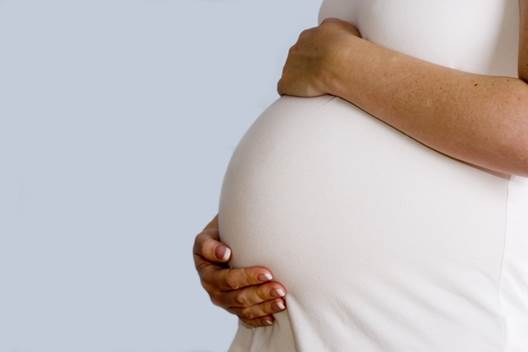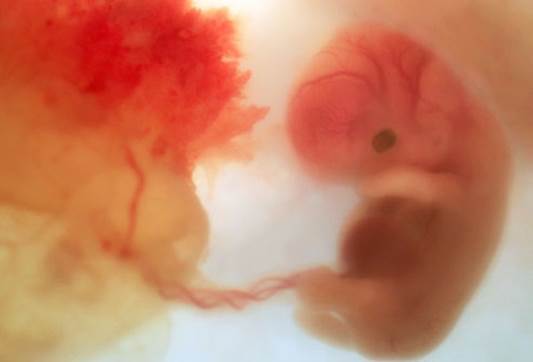When pregnant, the nutrition needs increase
at least 25%.
Nutrition plays an important part in
pregnancy because it needs to meet the needs of both pregnant woman and her
fetus. In pregnancy, the nutrition needs increase at least 25%. Therefore,
it’s essential that pregnant women have adequate diets to be healthy and have
enough milk to feed babies after pregnancy.

Women
need a great calcium supply in pregnancy.
Calcium is an important mineral and one of
nutrients that are required for the support of fetal developments. It’s
essential for growth of bone and maintaining the health of bones and teeth. It
also plays an important role in clotting, sending neural signals, muscle spasm,
hormone developments and fetal heartbeat stableness.
About two-thirds of the calcium amount is
sent to fetuses from the 30th week of pregnancy. The calcium amount
that is sent to fetuses is taken from the foods that pregnant women absorbed
and from the pregnant women’s reserves. Children that are born by women
provided with the essential amount of calcium have the higher lever of bone
mineral than the ones who aren’t.
According to a research that is carried out
in 2010 and published in “Nutrition Journal”, pregnant women’s calcium
deficiency have an important role in the development of fetal cardiovascular
diseases and the increase of newborn hypertension.
Besides, calcium can reduce pregnant
women’s spasms. Latest researches in over the world also recorded the effects of
calcium supply in reducing the risk of the gestation blood pressure increase.

Calcium
is an important mineral and one of nutrients that are required for the support
of fetal developments.
If pregnant women receive low calcium
supplies, the fetal calcium supply will be taken from pregnant women’s bones,
which leads to osteoporosis in pregnant women. The essential calcium supplies for
women at reproductive ages are around 1,000-2,000 mg; for women who are
pregnant or breastfeeding are 1,500mg.
The needs will be higher if women have
biparous or trigeminal pregnancy. If pregnant women are lack of calcium, their
bodies be weakened; they’ll have weak teeth and regular cramps. In the worse
situation, it will cause fetal malnutrition, affect future baby’s height, make
them have week bones, large fontanelle, easily startled when sleeping, cry at
night, have sleeping difficulties and sweat a lot.
In contradistinction to calcium supply, the
main vitamin D supply is not from nutrition. Despite the fact that there’re
lots of foods that are rich in vitamin, such as milk and milk products, fish
(especially fish liver and fat), egg yolk… it’s in the sunshine.

The
main vitamin D supply of pregnant women is sunshine.
Sunshine makes the vitamin D precursor in the
skin turn to vitamin. Being under the sunshine for 15 minutes several times a
week in the early morning (06:30-07:30) can provide the essential amount of
vitamin D for the body.
In one word, calcium is necessary for
pregnancy and breastfeeding. Providing enough calcium is the important way to
help fetuses develop healthily and reduce the harmful risks that affect
pregnant women’s health.